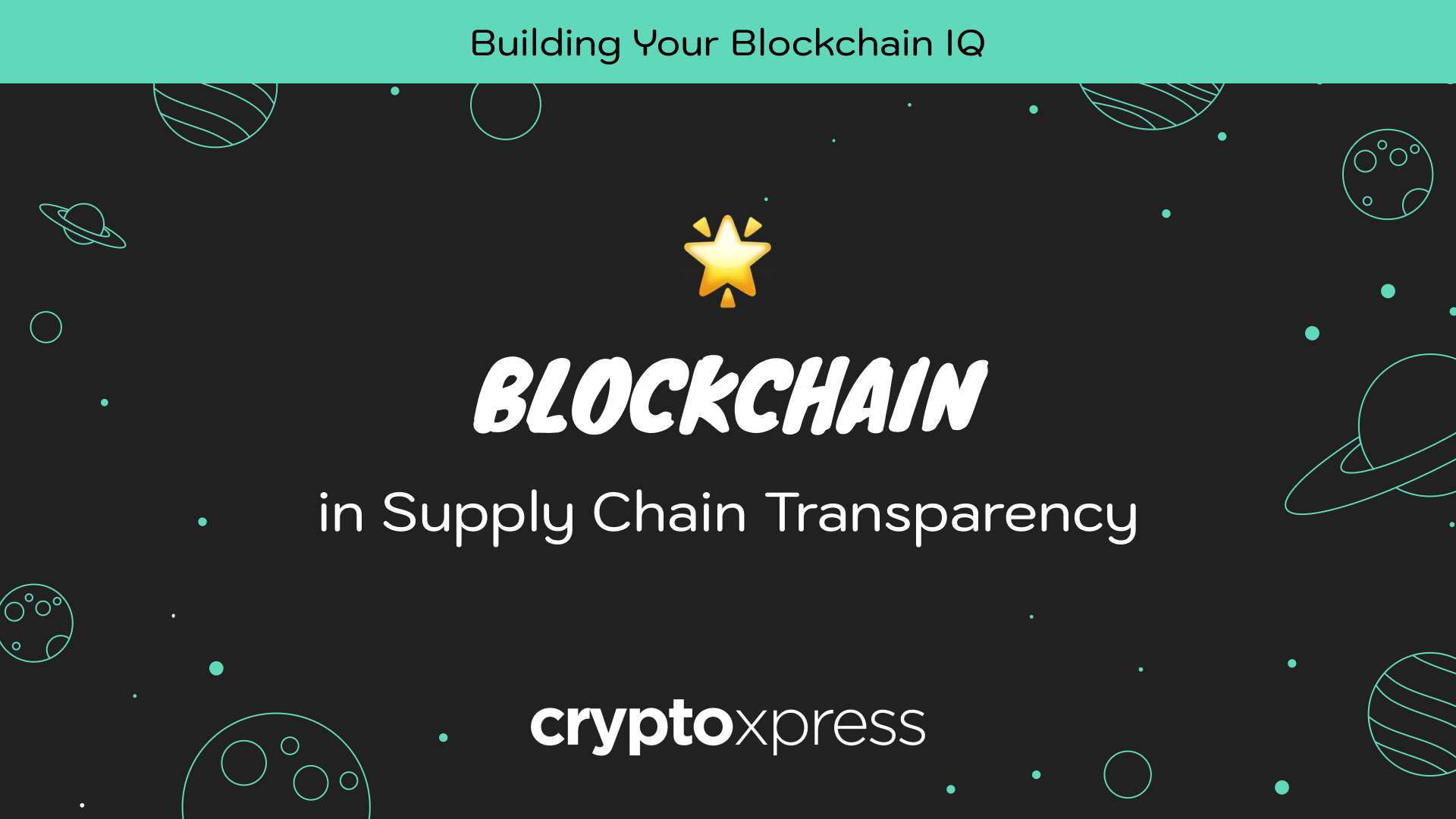|
Getting your Trinity Audio player ready...
|
In the ever-evolving world of cryptocurrencies, new players frequently emerge, each with its own unique approach and vision. One such cryptocurrency project that has garnered significant attention is Worldcoin. If you’re curious about what Worldcoin is and how it aims to make its mark in the crypto sphere, you’ve come to the right place. In this blog post, we’ll delve into the fascinating world of Worldcoin.
Worldcoin is a digital identification platform that aims to provide each person on earth with a convenient way to verify that they are a real human and not a bot or an AI algorithm.
Sam Altman, along with Alex Blania and Max Novendstern, co-founded this cryptocurrency initiative. It combines AI technologies with cryptocurrencies and blockchain in an open source protocol to give anyone access to a global economy.
Worldcoin is decentralized, like other cryptocurrencies, which means the decisions are made by users and not a centralized entity, such as a bank. It took two years to develop this project. It seeks to address income inequality through a unique World ID.
The World ID proves that someone is a person and not some form of bot or AI. There are three parts to this project:
- A unique digital identity to be used globally.
- A global currency via Worldcoin tokens.
- An app for payments, transfers and purchases using cryptocurrency or traditional assets.
How does Worldcoin work?
Worldcoin is different from other popular cryptocurrencies, such as Bitcoin and Ethereum, because it offers people a token for the future without requiring any investment funds upfront. The Worldcoin project aims to help create a global economy for all, regardless of country or economic status.
To get Worldcoin, people need to scan their eyes through a sphere-shaped device called the Orb to ensure everyone is human and only signs up once. The unique identifier is taking center stage as AI continues to grow, and proving someone is a person versus a machine is vital with the rise of AI.
Irises are distinct for each person, similar to fingerprints. The iris structure of the subject’s eyes is used by the Orb to generate a special identifying code that serves as the person’s unique identifier. The code is then saved on the Worldcoin decentralized blockchain to prevent others from replicating the code. The scans are anonymized so they cannot be traced to that person after the identifier is created.
The Orb does not store biometric data but does keep an IrisHash, which is a set of generated numbers to identify the person based on their scan. After a person receives their IrisHash and crypto wallet, they get their World ID or digital passport.
People can find an Orb center for scanning in facilities across 35 countries. The Orb is about the size of a bowling ball and conducts iris scanning in-person at these centers. There are Orbs in several large cities in Africa, Asia, Europe, South America and North America, including locations in New York and California.
Features
Think of Worldcoin as a three-legged stool: It only works if people adopt and use three mutually reinforcing components.
World ID
The heart of the platform is World ID, which the company claims will enable users to “verify their humanness” online while maintaining their privacy. This so-called “proof of personhood” is created by an iris-scanning device called the Orb.
Much like fingerprints, every person’s iris pattern is different. The Orb scans a user’s iris and uses its structure to create a unique identification code called an IrisCode. The code is not associated with a user’s personal information—it exists solely to prevent people from acquiring more than one World ID.
After the Orb scans your iris and saves an anonymous IrisCode, it then issues your World ID. It also permanently deletes each iris image. The system does not depend on pointing scanners at your eyeballs each time you need to verify your identity.
Each World ID is added to the Worldcoin blockchain, and users deploy a cryptographically secure app to identify themselves.
As of this week’s launch, Worldcoin Orbs are available in Hong Kong, Tokyo, Singapore, Seoul, Paris, Lisbon, Mexico City, São Paulo, Nairobi, New York, San Francisco and approximately 25 other cities around the world.
World App
The World App is the repository for your World ID. Worldcoin claims that the app preserves users’ privacy while also providing access to a growing roster of decentralized finance applications.
The app functions as a crypto wallet, but its primary purpose is to store user credentials so that users can verify themselves on any third-party application.
Besides your World ID, the app can hold Bitcoin, Ethereum and USDC, and the company says more cryptos will be supported in the future.
WLD Cryptocurrency Token
Once users create a World ID and download the World App, they get access to the WLD cryptocurrency token.
WLD was issued to users who took part in the beta program. A large quantity of WLD was airdropped to users on Monday as part of the platform’s official launch. Crypto exchanges have listed WLD for trading, including KuCoin and Binance, the world’s largest exchange by volume.
According to the Worldcoin white paper, a total of 10 billion WLD will be issued over the course of 15 years. Currently 143 million WLD are circulating as of the official launch. Of this amount, 43 million were allocated to verified World App users, and 100 million were sent to market makers to facilitate trading.
Criticisms and Controversies
The project has already received a fair amount of criticism for its lofty goals and dubious methods. There have been concerns from both regulators and privacy advocates with the collection of Worldcoin’s data, including users’ informed agreement to having one business handle all their data.
According to Worldcoin, its project is entirely confidential since the biometric data is either erased or stored in an encrypted format.
There are concerns that the iris scans will be available to purchase on the black market, enabling people to gain access to Worldcoin accounts.
After launching, Ethereum founder Vitalik Buterin expressed his concerns about Worldcoin in a blog post. He argued that the platform’s iris scans could be harvesting more information than the company is letting on, or that someone could potentially scan someone else’s iris in order to determine whether they had a World ID.
An April 2022 MIT Technology Review article claimed that Worldcoin used “deceptive marketing practices, collected more personal data than it acknowledged, and failed to obtain meaningful informed consent.”
The company issued a 25-page rebuttal to MIT Technology Review’s criticisms. “We want to make it very clear that Worldcoin is not a data company and our business model does not involve exploiting or selling personal user data,” it wrote. “Worldcoin is only interested in a user’s uniqueness—i.e., that they have not signed up for Worldcoin before—not their identity.”
Worldcoin has also been criticized for widely promoting the platform in the developing world. A significant portion of new users are in Asia and Africa, raising concerns about exploitation.
Finally, in an October 2021 early funding round, Worldcoin received an investment by Sam Bankman-Fried, the notorious founder of failed crypto exchange FTX.
Worldcoin’s future
Worldcoin creates a new consumer base for cryptocurrency products. It is trying to change the authentication problem in the Web3 cryptocurrency sphere, where users’ data and assets are tradable cryptocurrencies.
Worldcoin plans to expand and sign up more global users. It also plans to allow other organizations to use its iris-scanning technology for identification verification to prevent fraud and scams.
Conclusion
In conclusion, Worldcoin’s fusion of blockchain, AI, and iris-scanning technology presents a unique vision for a decentralized, inclusive global economy. As Worldcoin navigates the challenges and controversies, its impact on the evolving cryptocurrency landscape remains uncertain. The experiment of merging blockchain, AI, and digital identification with World ID, World App, and WLD cryptocurrency token is intriguing, and the success of Worldcoin will depend on how well it addresses concerns and gains trust in the dynamic world of cryptocurrencies.






